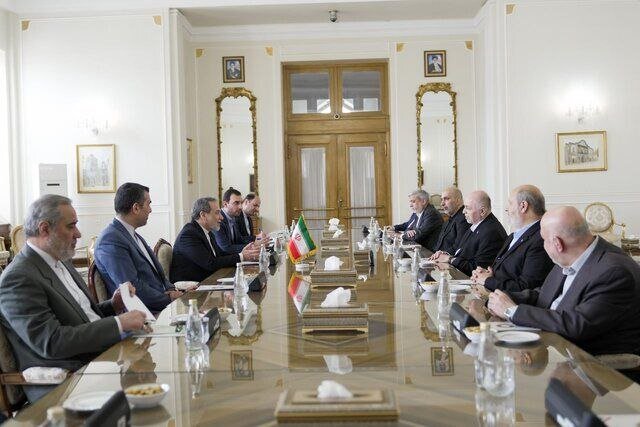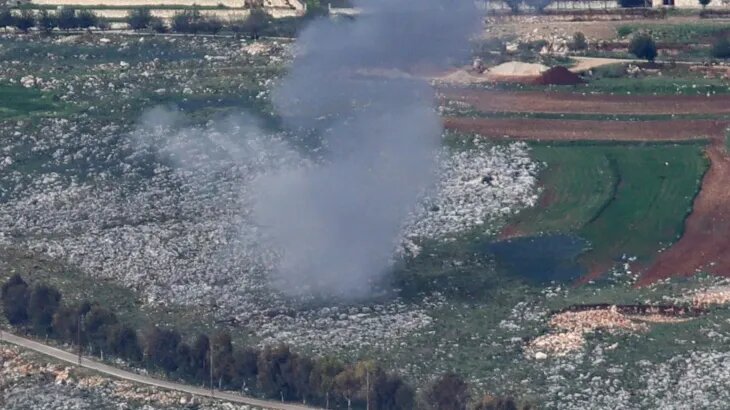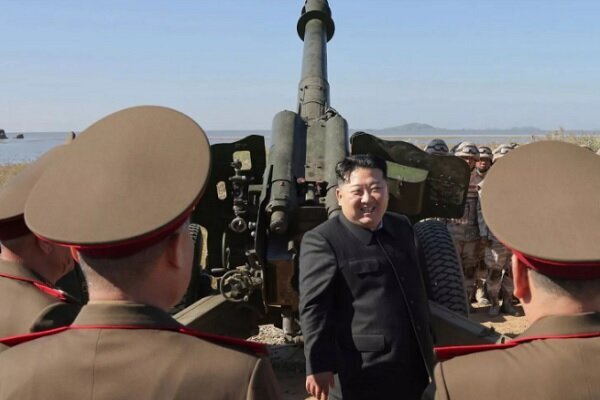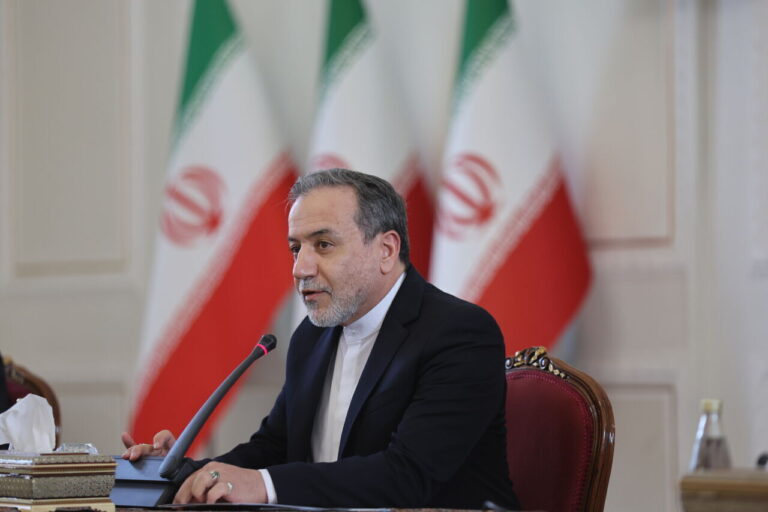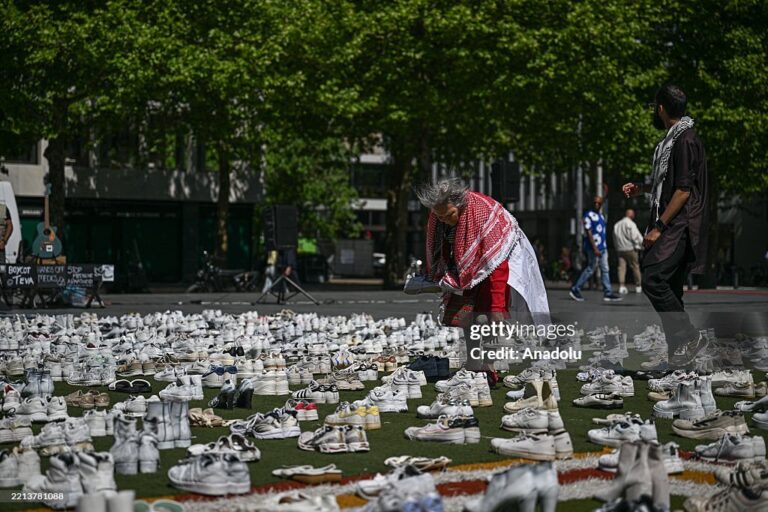Iran’s Foreign Minister Applauds Resistance in Meeting with Hamas Delegation
No one can force our resilient people out of Gaza,” declared the Hamas delegation during a recent meeting with Iranian diplomat Araghchi. This statement highlights the ongoing struggle and determination of the Gazan people amid significant challenges. The resilience shown by the residents of the Gaza Strip over the past 15 months has garnered international attention, especially in light of the US-Israeli conflict that has resulted in widespread suffering.
During the meeting, Araghchi commended the steadfastness of the Gazans, emphasizing that Muslims and freedom-seeking individuals around the world are proud of their endurance. He stated that the Zionist regime and its American backers have failed to achieve their objectives in the ongoing conflict, ultimately leading to a ceasefire after a series of setbacks.
Araghchi criticized the US President’s initiatives aimed at displacing the Palestinian population from Gaza, labeling these actions as part of a larger colonial conspiracy designed to eliminate Palestine. He asserted that such plans violate fundamental principles of international law and humanitarian ethics, thus warranting complete rejection.
In addition to highlighting the plight of the Gazans, Araghchi discussed his recent communications with key figures, including the Secretary General of the Organization of Islamic Cooperation (OIC) and various foreign ministers from Arab and Islamic nations. He stressed the imperative for these countries to unite and take a decisive stance against what he termed the dangerous plot orchestrated by the US.
The Resilience of Gaza
The situation in Gaza has been dire, yet the resilience of its inhabitants offers a glimmer of hope. Various factors contribute to this ongoing strength:
- Community Unity: The people of Gaza have come together to support each other during these challenging times, fostering a strong sense of community.
- International Support: Many nations and organizations have expressed solidarity with the Gazan people, advocating for their rights and well-being.
- Media Attention: The plight of the Gazans has received significant media coverage, raising awareness and drawing attention to the humanitarian crisis.
Moreover, the past 15 months have seen various forms of resistance from the Gazan population, which includes both peaceful protests and organized efforts to secure humanitarian aid. These actions have not only demonstrated their determination but have also garnered global attention and support.
Challenges Ahead
Despite the remarkable resilience of the Gazan people, numerous challenges remain:
- Humanitarian Crisis: The ongoing conflict has created dire humanitarian conditions, with shortages of essential supplies and medical care.
- Political Instability: The political landscape in the region remains volatile, complicating efforts for a lasting peace.
- International Relations: The actions of foreign powers continue to influence the situation in Gaza, often exacerbating tensions rather than alleviating them.
Araghchi’s call for a unified response from Islamic countries is critical at this juncture. He emphasized the importance of solidarity among nations to counteract the threats posed by external forces. The need for a coherent and decisive strategy cannot be overstated, as the future of Gaza hangs in the balance.
Conclusion
In conclusion, the ongoing struggle of the Gazan people serves as a testament to their resilience and determination in the face of adversity. As leaders like Araghchi advocate for their rights on international platforms, the collective efforts of Muslim and freedom-seeking nations are essential to support Gaza’s quest for justice and peace. The global community must remain vigilant and active in promoting humanitarian principles, ensuring that the voices of the Gazans are heard and respected.
As the situation unfolds, the importance of international cooperation and solidarity cannot be emphasized enough. It is through unity and action that the plight of the Gazan people can be addressed effectively, paving the way for a brighter future.
